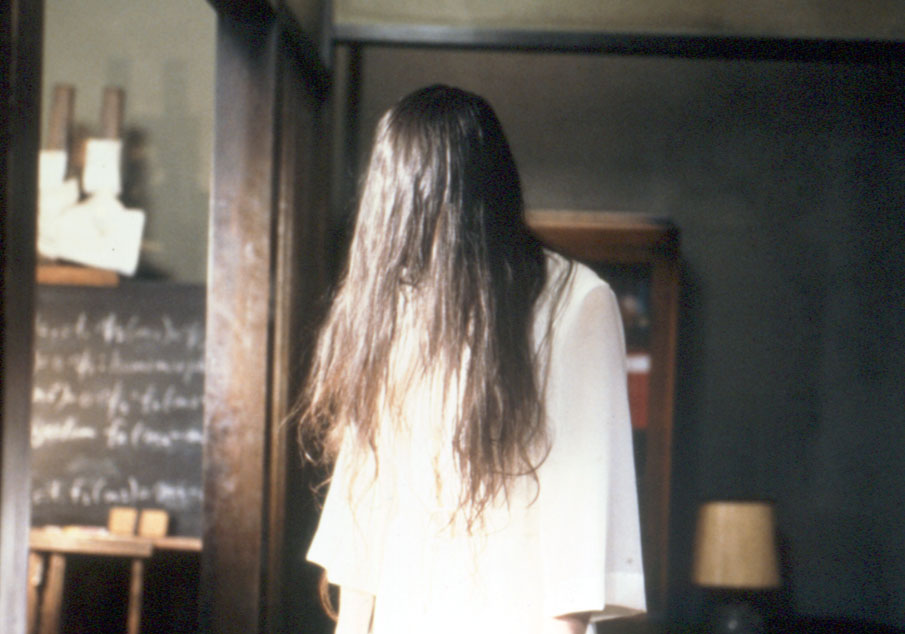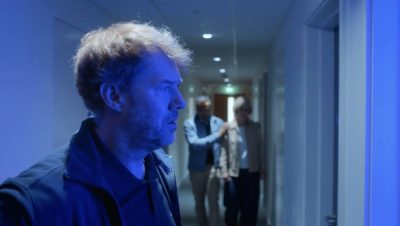
Film
Ringu
- Director
- Hideo Nakata
- Certificate
- 15
- Running Time
- 95 mins
The Ring was a massive cult hit in Japan, initially as a 1996 TV series, then as a series of movies, of which this 1998 film was the first.
It begins with a creepy urban legend concerning a haunted videotape. As soon as anyone watches it, the story goes, the telephone rings and a voice tells them that they have precisely seven days to live. In the traditional scene-setting opening sequence, two teenage girls playfully scare one another with the tale. One goes to the bathroom and the TV mysteriously switches itself on. The other’s face is frozen in a rictus of terror. The dead girl’s journalist aunt, Reiko Asakawa (Nanako Matsushima), becomes fascinated with the story and is surprised to learn that unlike most friend-of-a-friend urban legends, this one appears to have a very specific origin. She diligently tracks down the cabin where her niece first saw the video, finds the tape and puts it on. Out of the static emerges a brief series of apparently unconnected blurry images: a woman brushing her hair in a mirror; a loop of a figure with a cloth on his or her head, pointing downwards to the bottom of the frame; and a shot of a well in a garden. There’s a hint of movement in the latter before the tape cuts off. Then the phone rings. Suitably spooked, Reiko recruits her estranged husband (Hiroyuki Sanada), a fellow journalist and, conveniently, a psychic, knowing that she has just a week to decode the tape or endure a grisly demise.
While this is not startlingly original, back in 1998 it made a pleasant change to see it done without the latest crop of toothy American teens or a soundtrack crammed with this week’s trendy hip-hop and sub-grunge rock. Director Hideo Nakata makes clever use of spooky noises to enhance the bargain basement shocks, that video footage itself is remarkably unsettling, and, without giving too much away, the climax owes rather more to F.W. Murnau than Wes Craven. Needless to say, there’s also a twist at the end which rather elegantly sets up that seemingly endless series of sequels
is needed now More than ever
 Our newsletters emailed directly to you
Our newsletters emailed directly to you





